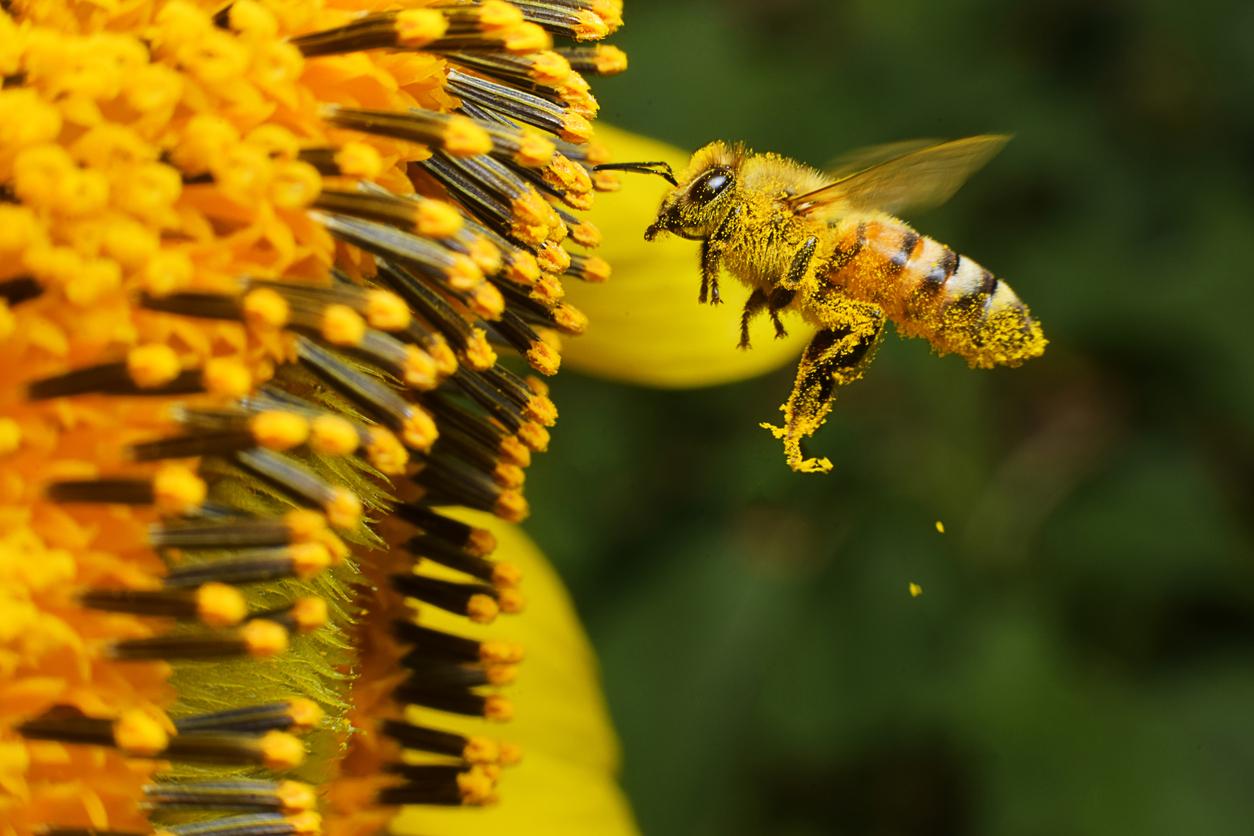The treasures of the hive (Royal jelly, propolis, honey) have long been touted for their benefits. In China, a widespread belief attributes curative virtues to bee venom. According to Chinese patients, it could cure and prevent certain pathologies. Whether you like it or not, the discipline has made a name for itself in China. And if no study has proven the effectiveness of this method, candidates are scrambling.
Wang Menglin, a beekeeper did bee therapy bee sting his speciality. He has already taken care of 27,000 patients. “We hold the bee between our fingers, we squeeze it against a point of the body and we press the head until the sting arises”, explains the professional to AFP.
For all those who, like Wang Menglin, have made bee stings their business, bee stings do indeed have a positive effect on the health of patients. “We have treated patients suffering from diseases ranging from arthritis to cancer, with positive results,” said Wang Menglin. Difficult to confirm or refute his statements.
Faced with the success and media coverage of this practice, health professionals warn against the risks of trying such a technique. Experts from the American Cancer Society warn: “There have been no clinical studies on humans showing any efficacy of bee venom and other hive products in curing or preventing cancer.” For these specialists, “trusting this type of treatment alone and avoiding or delaying conventional medical care can have very serious health consequences”.
















